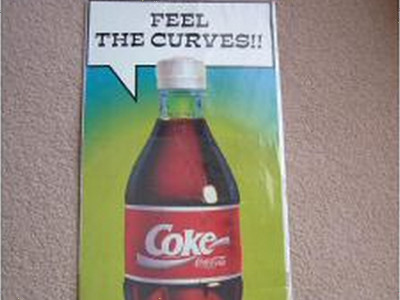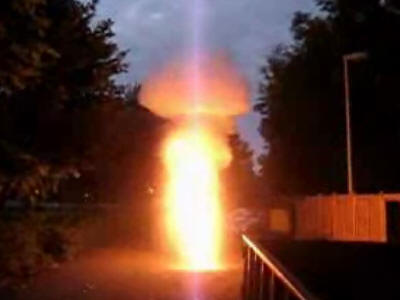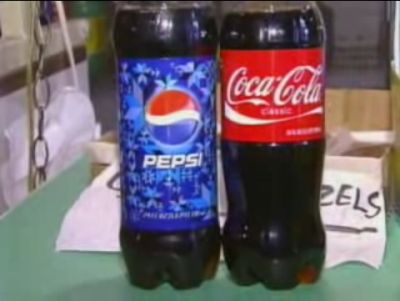A Pepsi Cola misprint once sparked a riot with many casualties

Thirty years ago, when
Pepsi's $32 Billion Typo Caused Deadly Riots - Better Marketing - Medium
https://medium.com/better-marketing/pepsis-40-billion-typo-caused-deadly-riots-3d671295d1bd
PepsiCo entered the Philippine soft drink market in 1992, a country with a population of 65 million (as of 1992). The Philippine soft drink market, said to be the 12th largest in the world, was dominated by Coca-Cola, PepsiCo's longtime rival.
At that time, many Filipinos were in financial difficulty, and tens of millions of people were engaged in manual labor such as agriculture for low wages. In order to seize a share of the Philippine soft drink market, PepsiCo launched a prize campaign called 'Pepsi Number Fever,' with two first prizes of 1 million Philippine pesos (40,000 dollars = about 4.8 million yen, converted at the exchange rate at the time), totaling 5 million Philippine pesos (2 million dollars = about 240 million yen). At that time, the legal minimum wage in the Philippines was 118 pesos (about 570 yen) per day, and 1 million pesos was a large amount of money, enough to buy a mansion.
Below is the campaign footage that was aired on Philippine television at the time.
Pepsi Number Fever Fiasco 349 - YouTube
In this campaign, three-digit numbers were printed on the back of the caps of bottles of Pepsi Cola, Mountain Dew, etc., and if the winning number matched the number, the winner would receive a cash prize. The winning numbers were determined before the campaign began, and the number of bottles produced for each number was different.

Originally, the bottles with the winning number '349' printed on the cap were supposed to be produced in a specific factory, with only two bottles in total. However, due to a computer glitch at a Pepsi Cola production plant, 800,000 bottles with the misprinted '349' were produced. This misprint went unnoticed, and the 800,000 first prize bottles were sent to the Philippines.
The campaign itself was a huge success, with PepsiCo's share of the Philippine soft drink market increasing from 4% to 24.9% in just two months. However, when the winning numbers were announced on television, a large number of customers naturally rushed to PepsiCo, claiming they had won first prize, and the misprint was finally discovered.
Of course, PepsiCo couldn't pay $40,000 to everyone who rushed in, but they also couldn't let everyone go without paying anything, so they said they would pay 500 pesos (about 2,400 yen) to everyone who won first prize. At this point, the campaign budget had ballooned from the original $2 million to a total of $8.7 million (about 1 billion yen).
However, the buyers were not satisfied and began protesting in front of government buildings across Manila and in front of Pepsi's Manila branch. News footage from the time shows protesters gathering and demonstrating.
The protests grew more violent with each passing day, eventually escalating into full-scale riots, with more than 30 PepsiCo delivery trucks being set on fire and blown up with grenades.
Furthermore, police who were deployed to quell the riot clashed with the protesters. The situation escalated to the point where the police used tear gas canisters and the protesters threw rocks and grenades at each other. Five people were killed and dozens were injured in the clashes. Among the dead was a parent and child who was killed by the explosion of a grenade that ricocheted off a truck.

The riots were put down in a day, but PepsiCo was forced to deal with the lawsuits that followed. 486,179 people demanded that PepsiCo pay the prize money, of which 22,000 claimed that PepsiCo's prize campaign was fraudulent. PepsiCo has filed 689 civil lawsuits and 5,200 criminal lawsuits.
PepsiCo's final total loss, including the stock price crash, was over $20 million (about 2.4 billion yen). However, the Philippine Court of Trade ruled that PepsiCo's mistake was not malicious and could not be considered a crime. In 2006, the Supreme Court ruled that 'PepsiCo is not liable to pay the full prize money to the winners of the lottery.'
Related Posts:
in Note, , Posted by log1i_yk







